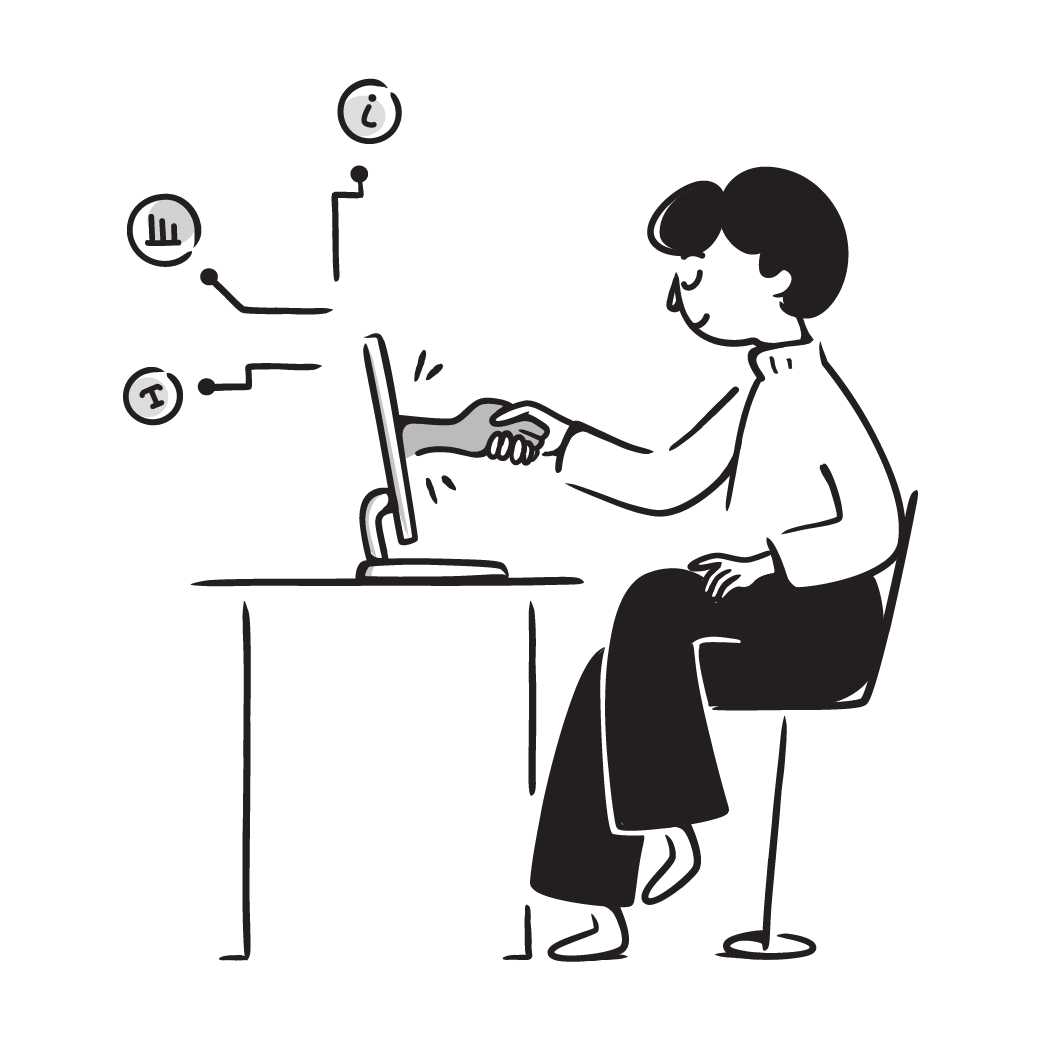Whether you call it “life skills” or “adaptive functioning,”
it’s about building the skills to navigate daily life—at any age.
Self-care, meal prep, transit, phone and email use,
online safety, handling emergencies, and more. For adults, it might
include parenting, running a household, financial literacy, or filling out forms. These tasks
are made harder for most ND people due to sensory, social, executive
functioning, or motor support needs. This is the figurative OT "wheelhouse":
gentle, task-focused skill building, accommodations, and modifications
that adapt to where the client is at.
Request a Discovery Call Now →









